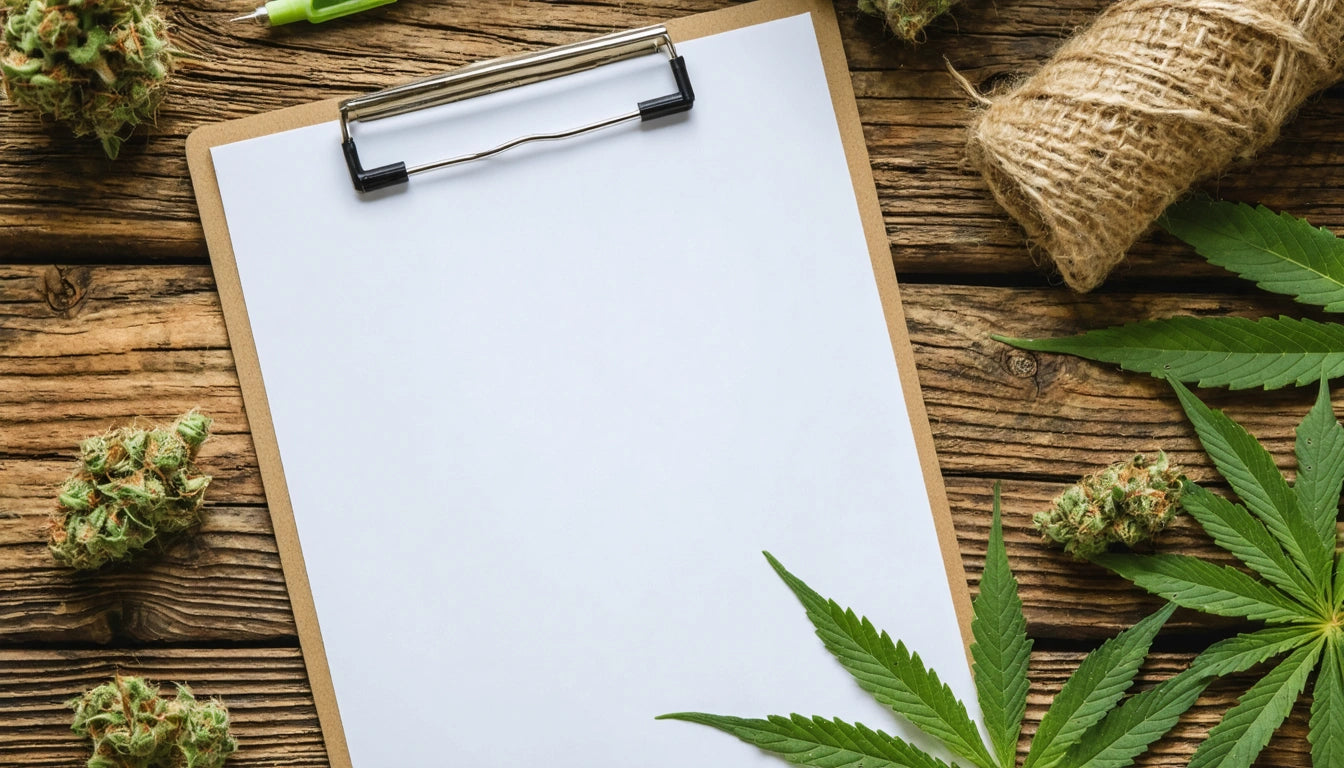Table of Contents
How to Obtain a Cannabis License: A Comprehensive Guide for Different States
Securing a cannabis license is a critical first step for entrepreneurs looking to enter the rapidly expanding legal marijuana industry. The process varies significantly by state, with each jurisdiction implementing unique requirements, fees, and regulatory frameworks. This guide outlines the essential steps to obtain a cannabis license across different states, helping prospective business owners navigate this complex landscape.
Understanding Cannabis License Types
Before applying for a cannabis license, it's important to understand the various license categories available:
- Cultivation licenses - Permits for growing cannabis plants
- Processing/manufacturing licenses - For creating cannabis products
- Dispensary/retail licenses - For selling cannabis to consumers
- Distribution licenses - For transporting cannabis between licensed facilities
- Testing licenses - For laboratory analysis of cannabis products
Each license type carries different requirements and costs. Some states offer integrated vertical licenses that combine multiple operations, while others require separate licenses for each activity. According to this state-by-state cultivation license guide, application fees alone can range from $5,000 to over $60,000 depending on the state and license type.
General Requirements for Cannabis License Applications
While specific requirements vary by state, most cannabis license applications require:
Business Documentation
Applicants typically need to provide:
- Business formation documents (LLC, corporation, etc.)
- Ownership structure and financial backers
- Criminal background checks for all owners and key employees
- Proof of residency (many states have residency requirements)
- Financial statements and proof of capital
Operational Plans
Detailed plans are required for:
- Security measures and protocols
- Inventory tracking systems
- Quality control procedures
- Waste management
- Odor mitigation (for cultivation)
Many states also require compliance with strict packaging regulations similar to pharmaceutical products, including child-resistant packaging that prevents accidental consumption by minors while remaining accessible to adults.
Highlight: Most states have a limited number of licenses available, creating intense competition. Applications that demonstrate community benefits, job creation, and social equity components often score higher in competitive review processes.
State-Specific Guidelines for Cannabis Licensing
California
California offers multiple license types through three regulatory agencies. For those wondering how to get a weed license in California, the process involves:
- Local approval (city/county) before state application
- Environmental impact reviews
- Annual fees ranging from $1,205 to $77,600 depending on business size
- Social equity programs in certain municipalities
California's market is mature but still growing, with opportunities in specialized niches and delivery services.
New York
New York's cannabis program is newer, with a focus on social equity. For entrepreneurs asking how to get a license to sell marijuanas in NY, key requirements include:
- Social equity applicants receive priority
- Proof of New York residency
- Detailed security and business plans
- Significant capital requirements
- Labor peace agreements
New York's Conditional Adult-Use Retail Dispensary (CAURD) licenses prioritize individuals with cannabis-related convictions or their family members.
Florida
Florida maintains a limited medical marijuana program with vertical integration requirements. Those seeking to understand how to get cannabis license in Florida should know:
- Extremely limited license availability
- Vertical integration required (must control cultivation, processing, and sales)
- Application fees of $60,830 plus $1.3 million in secured assets/bonds
- Preference for nurseries with 30+ years of operation
Florida's market is challenging to enter due to high capital requirements and limited license availability.
Navigating the Cannabis License Application Process
The application process typically follows these steps:
1. Research and Preparation
Begin by thoroughly researching your state's specific requirements and regulations. This guide to starting in the cannabis industry recommends allocating 3-6 months for preparation before applying.
2. Secure Funding
Cannabis businesses require significant capital. Beyond application fees, you'll need funding for:
- Real estate and facility buildout
- Equipment and inventory
- Security systems
- Professional services (legal, accounting, consulting)
- Operating capital for 12+ months
3. Assemble Your Team
A strong application demonstrates expertise in:
- Cannabis cultivation/processing (if applicable)
- Retail operations
- Compliance and regulatory affairs
- Security
- Financial management
4. Secure Property
Most states require identifying your business location before applying. This location must:
- Comply with local zoning requirements
- Meet buffer zone requirements (distance from schools, parks, etc.)
- Have landlord approval for cannabis use
5. Submit Application and Follow Up
After submission, be prepared for:
- Requests for additional information
- Inspections
- Public hearings
- Potential appeals if denied
For those seeking to understand how to get a budtender license in Colorado or other states, the process is typically simpler, requiring age verification, background checks, and state-specific training programs.
Ongoing Compliance Considerations
Obtaining a license is just the beginning. Maintaining compliance requires:
- Seed-to-sale tracking systems
- Regular inspections and audits
- Employee training and certification
- Staying current with changing regulations
- Proper recordkeeping and reporting
As outlined in this guide to selling cannabis legally, compliance failures can result in hefty fines or license revocation.
Future Opportunities in Cannabis Licensing
The cannabis licensing landscape continues to evolve as more states legalize and federal policy shifts. Emerging opportunities include:
- Social consumption lounges
- Delivery-only licenses
- Interstate commerce (if federal laws change)
- Research licenses
- Social equity programs with reduced barriers to entry
For those wondering how to get a hemp license, the process is typically less restrictive than cannabis, with applications handled through state departments of agriculture rather than cannabis regulatory bodies.
Whether you're exploring how to get a weed selling license in an established market or preparing for newly legal states, success requires diligent preparation, adequate capitalization, and ongoing commitment to regulatory compliance. The investment in proper licensing pays dividends in legal protection and market opportunity.











Leave a comment
All comments are moderated before being published.
This site is protected by hCaptcha and the hCaptcha Privacy Policy and Terms of Service apply.